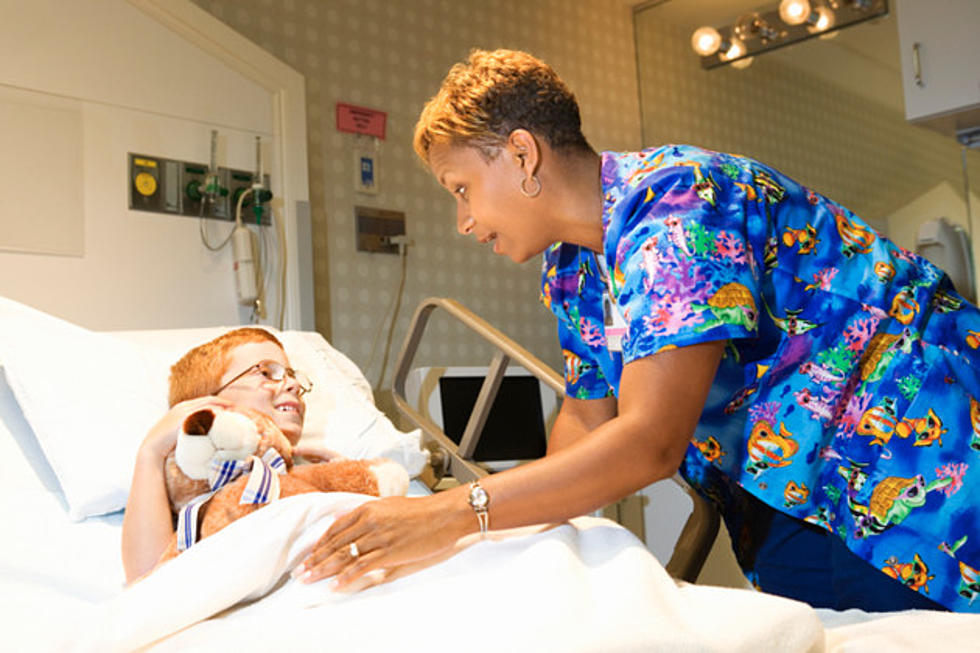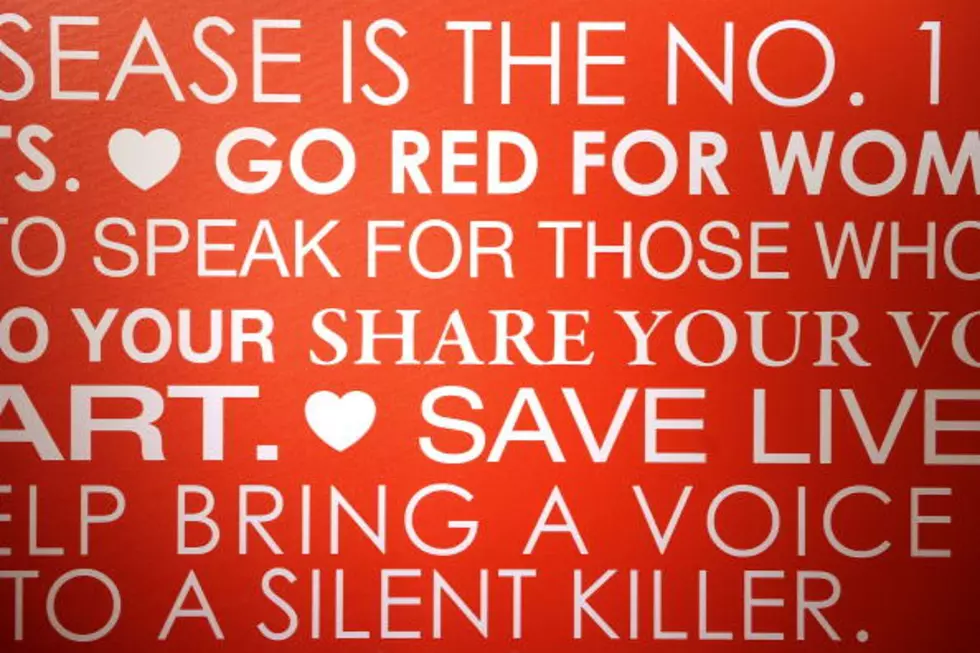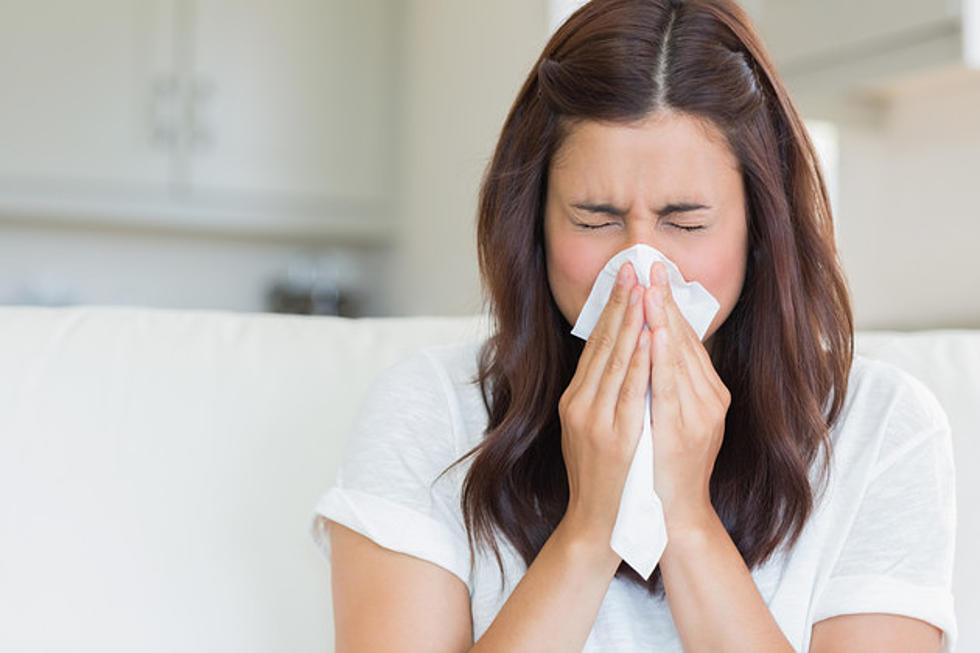![Do You Know What Your Blood Pressure Is? [AUDIO]](http://townsquare.media/site/385/files/2012/09/Blood-Pressure.jpg?w=980&q=75)
Do You Know What Your Blood Pressure Is? [AUDIO]
One out of three Jersey adults could be at an increased risk for cardiac problems and possible death, and not even realize it, because they have high blood pressure.
A new report by the CDC finds 14 million Americans are unaware that they have high blood pressure, while another 22 million know about the condition, but don't do anything about it.
Dr. Mary Campagnolo, the President of the Medical Society of New Jersey, says it's important to know what your blood pressure.
"It's related to the pressure in your artery walls - and the way blood flows through your blood vessels. If it goes higher pressure than normal, people can be at risk for a number of complications over time, which would include heart attacks and heart failure and strokes."
She says, "High blood pressure has been called the so-called silent killer- in that people have no symptoms with high blood pressure. So the only way to find out what your pressure is, is to have it checked with a monitor…The standard good pressure would be 120 over 80 or less, and anything over 140 over 90 is potentially dangerous."
If you have high blood pressure, Dr. Campagnolo says, "Usually the first thing we encourage patients to do is to look at their lifestyle and see what kind of lifestyle modifications they can make. If you smoke, you should quit, and the next thing is that if you're not at your ideal weight, you should look at how can you try to lose some weight. Also, if you're eating a diet that's high in fat and cholesterol, you should be looking at changing to a lower fat diet, which would also help you to lose weight…And there's other things such as reducing the stress in your life…And get a home blood pressure reader so you can see what it is."
She adds, "Exercise is crucial in trying to maintain a healthy weight and reducing stress and reducing your risk factors for blood pressure…Some evidence indicates up to 90 percent of the population, as we age - is at risk for high blood pressure…There's many things you can do to delay the onset of blood pressure elevation, however, there are a certain group of patients that. Even if they're very motivated and change their lifestyle, the genetic factors involved work against them, so they really do need to go on medication…This is a very serious problem that people need to be aware of."
More From New Jersey 101.5 FM




![Grilling Gone Wrong – Top 5 BBQ Fails [NSFW- Language]](http://townsquare.media/site/385/files/2012/05/BBQ-Fail1.png?w=980&q=75)



![U.S. Headed for Domestic Oil Only? [AUDIO]](http://townsquare.media/site/385/files/2014/02/143637418-300x200.jpg?w=980&q=75)
